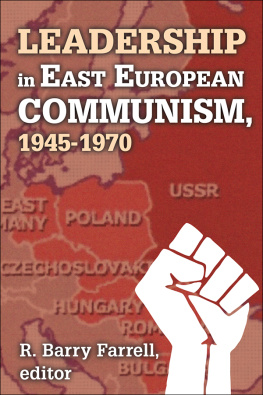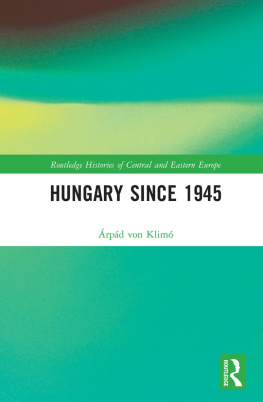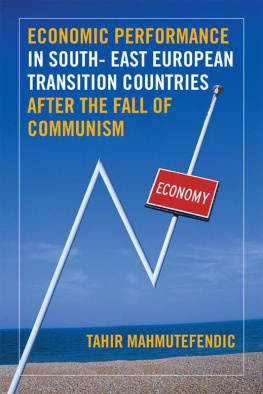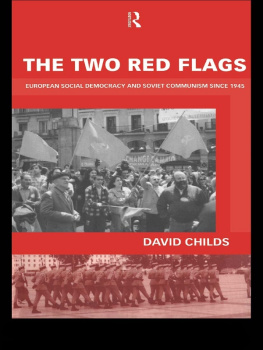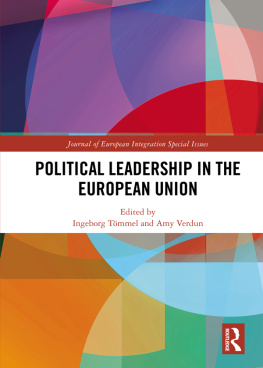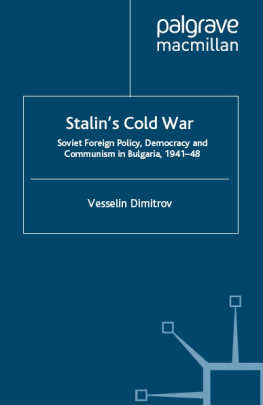R. Barry Farrell - Leadership in East European Communism: 1945 - 1970
Here you can read online R. Barry Farrell - Leadership in East European Communism: 1945 - 1970 full text of the book (entire story) in english for free. Download pdf and epub, get meaning, cover and reviews about this ebook. year: 2011, publisher: Transaction Publishers, genre: Politics. Description of the work, (preface) as well as reviews are available. Best literature library LitArk.com created for fans of good reading and offers a wide selection of genres:
Romance novel
Science fiction
Adventure
Detective
Science
History
Home and family
Prose
Art
Politics
Computer
Non-fiction
Religion
Business
Children
Humor
Choose a favorite category and find really read worthwhile books. Enjoy immersion in the world of imagination, feel the emotions of the characters or learn something new for yourself, make an fascinating discovery.
- Book:Leadership in East European Communism: 1945 - 1970
- Author:
- Publisher:Transaction Publishers
- Genre:
- Year:2011
- Rating:5 / 5
- Favourites:Add to favourites
- Your mark:
- 100
- 1
- 2
- 3
- 4
- 5
Leadership in East European Communism: 1945 - 1970: summary, description and annotation
We offer to read an annotation, description, summary or preface (depends on what the author of the book "Leadership in East European Communism: 1945 - 1970" wrote himself). If you haven't found the necessary information about the book — write in the comments, we will try to find it.
Leadership in East European Communism: 1945 - 1970 — read online for free the complete book (whole text) full work
Below is the text of the book, divided by pages. System saving the place of the last page read, allows you to conveniently read the book "Leadership in East European Communism: 1945 - 1970" online for free, without having to search again every time where you left off. Put a bookmark, and you can go to the page where you finished reading at any time.
Font size:
Interval:
Bookmark:
2 Park Square, Milton Park, Abingdon, Oxon OX14 4RN
711 Third Avenue, New York, NY 10017, USA
Product or corporate names may be trademarks or registered trademarks, and are used only for identification and explanation without intent to infringe.
320.94709045--dc22
Evanston, Illinois
Theoretical Bases of Soviet and East European Leadership
Font size:
Interval:
Bookmark:
Similar books «Leadership in East European Communism: 1945 - 1970»
Look at similar books to Leadership in East European Communism: 1945 - 1970. We have selected literature similar in name and meaning in the hope of providing readers with more options to find new, interesting, not yet read works.
Discussion, reviews of the book Leadership in East European Communism: 1945 - 1970 and just readers' own opinions. Leave your comments, write what you think about the work, its meaning or the main characters. Specify what exactly you liked and what you didn't like, and why you think so.

